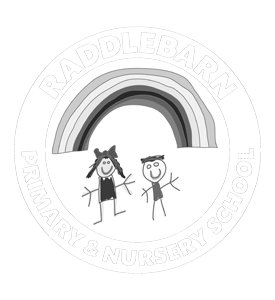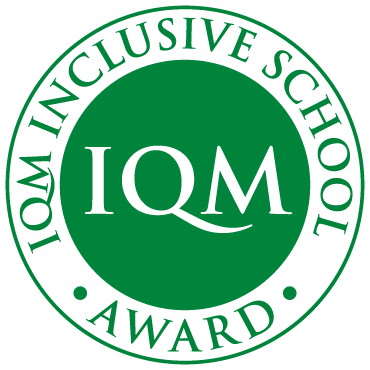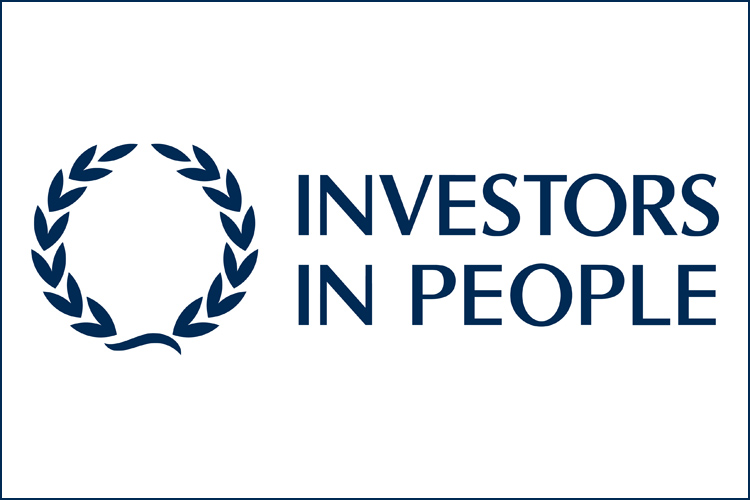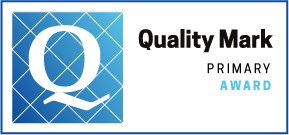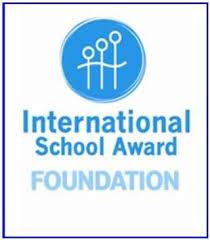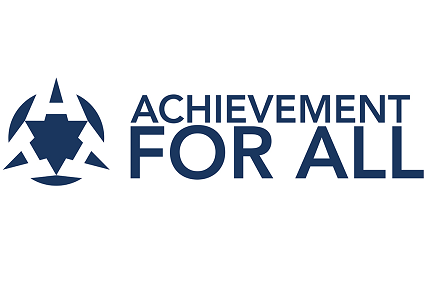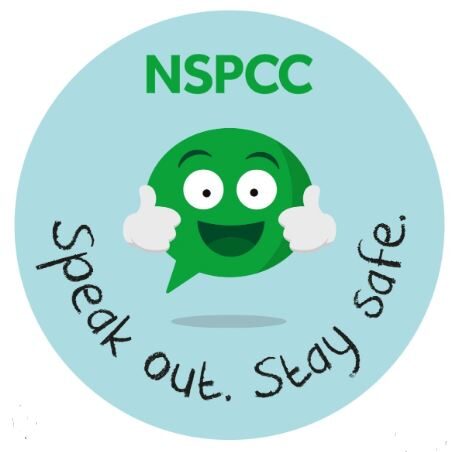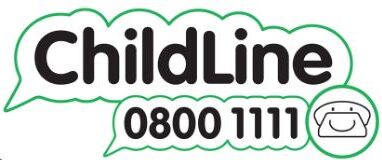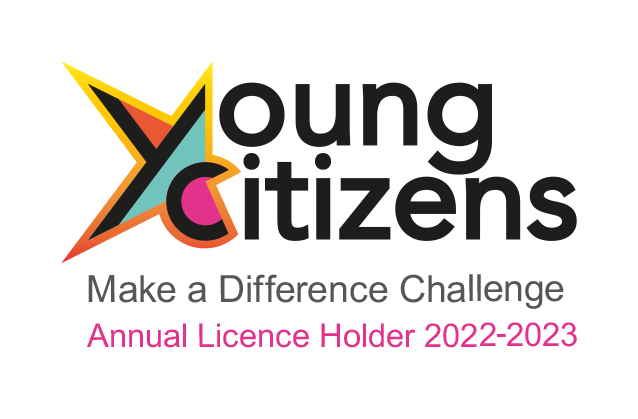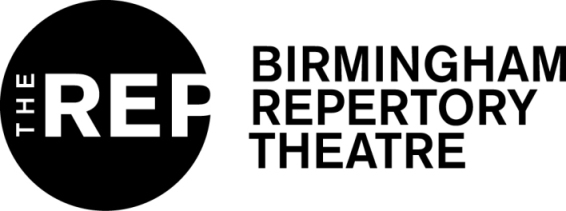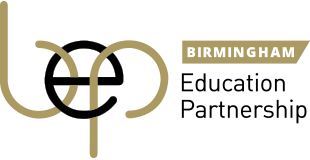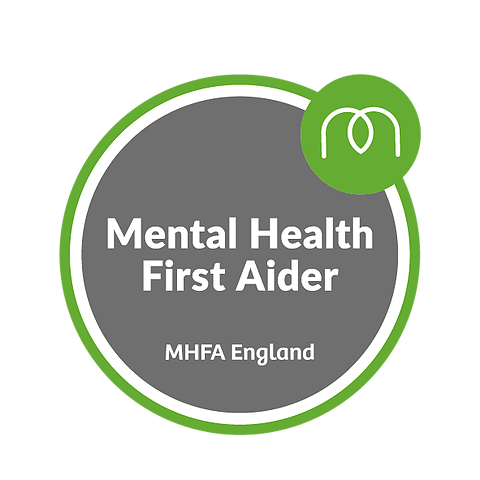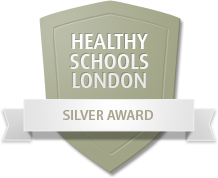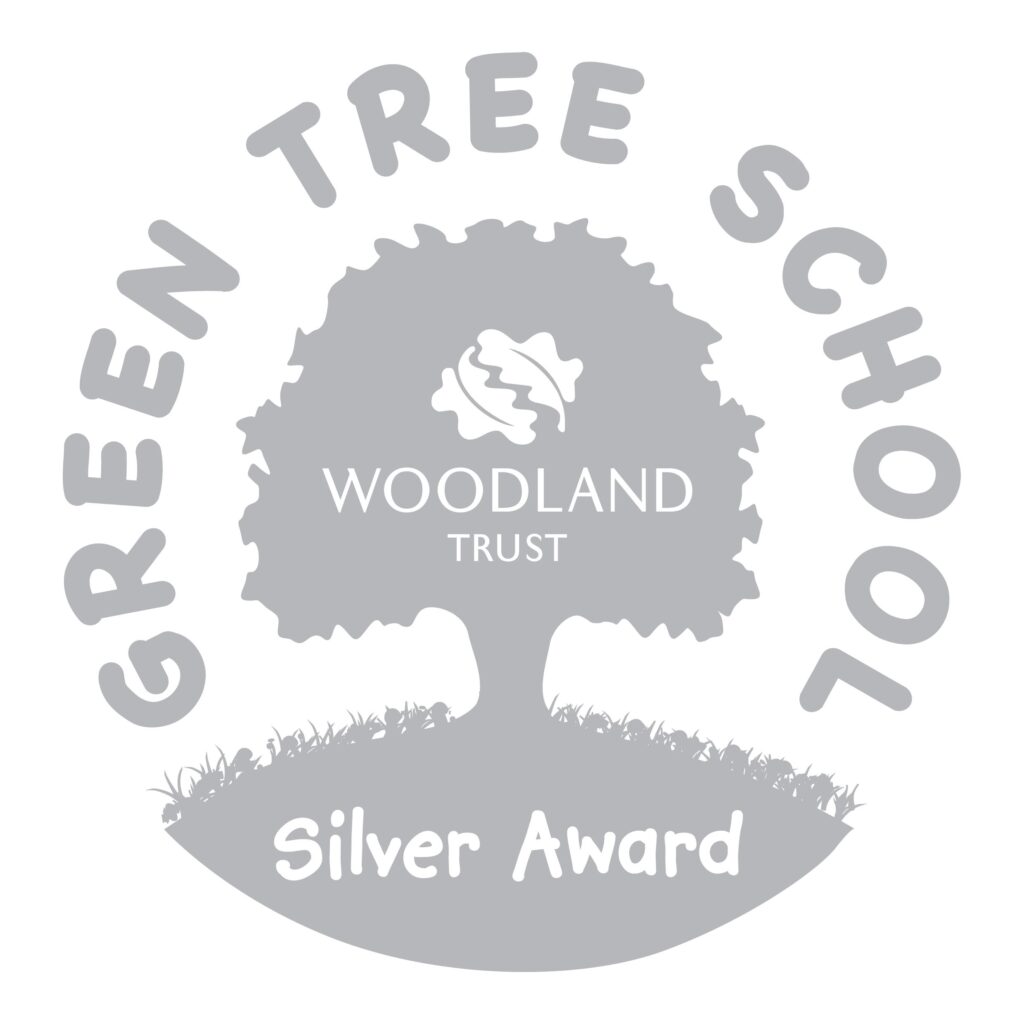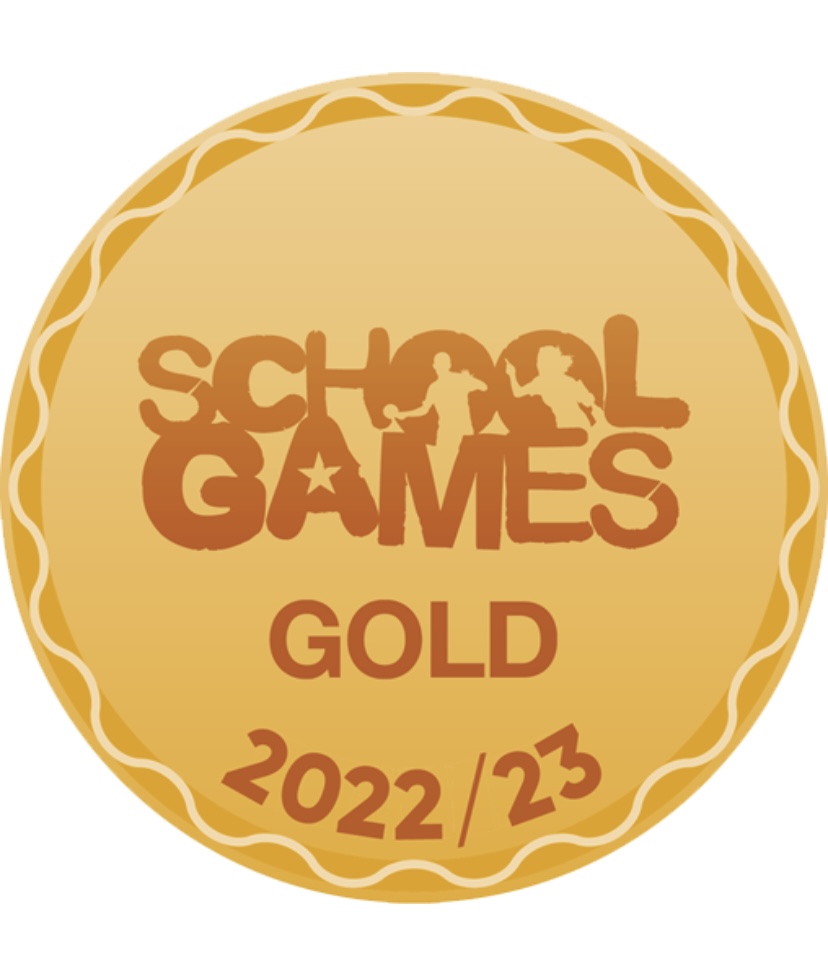
Intent
When planning and teaching at Raddlebarn, we believe that Personal, Social and Health Education (PSHE) is an integral part of the curriculum as the skills learnt will equip them for their futures and become active members of society. Based on the National Curriculum and our school vision and values, we aim to provide a positive and motivating environment, which will enable each child to grow in understanding so as to reach their full potential, spiritually, emotionally, intellectually, morally, physically and socially. Through their understanding of PSHE, children will be able to succeed in many different areas of the curriculum and throughout life as the learned skills are transferrable.
Through PSHE, we aim to enable our children to become healthy, independent and responsible members of a society. In addition, we aim to help them understand how they are developing personally and socially, and will tackle many of the moral, social and cultural issues that are part of growing up in order to support this. We strive to provide our children with opportunities for them to learn about rights and responsibilities and appreciate what it means to be a member of a diverse society. We aim to encourage our children to develop their sense of self-worth by playing a positive role in contributing to school life and the wider community.
Implementation
PSHE is integral to the development of children’s values in order for them to become a positive citizen in a forever changing community. At Raddlebarn we deliver the PSHE curriculum by utilising first-hand experience and sharing good practice. However, we are aware that the delivered curriculum must reflect and meet the needs of our pupils. Teachers equip pupils with a sound understanding of risk, and with the knowledge and skills necessary to make safe and informed decisions. This is covered by the children working progressively through a PSHE scheme of work where skills and objectives are tailored to our school values and vision. Lessons are taught through units and are covered weekly in class via a range of teaching strategies.
We believe that the purpose of PSHE education is to build, where appropriate, on the statutory content already outlined in the National Curriculum, the basic school curriculum and in statutory guidance on: i.e., drug education, financial education, citizenship, personal safety, sex and relationship education (RHSE), positive mental health and the importance of physical activity and diet for a healthy lifestyle.
At Raddlebarn, PSHE plays a vital part in primary education and is taught at least weekly, covering the National Curriculum guidance for PSHE through medium term planning designed to think of all aspects of a child’s personal, social and health education.
Through our medium term planning, children will learn a range of skills based on the following areas:
Responsibility and Peace
Friendship and Respect
Independence and Caring
Belief and Freedom
Reflection and Honesty
Perseverance and Changing Me
Activities are planned according to the different levels of children’s skills and previous knowledge. A range of teaching strategies and learning styles are used with an emphasis placed on active learning. These include circle time and class discussion; role-play and drama; visits and visitors when appropriate; and paired/group work.
In addition, we take part in Antibullying Week. You can find out what we did for Antibullying Week in 2023 here
Also, in addition to this, PSHE is also taught within other subject areas and as part of our topic-led curriculum. PSHE is also addressed on a daily basis as questions and incidents arise. At times, teachers may choose to hold a circle-time session in response to a particular event or issue.
Whole school, key stage and assemblies provide extra opportunities to enhance pupils’ spiritual, moral, social and cultural development, promoting our school’s values and celebrating achievement.
Pupils are also supported in applying the skills they are learning, in real-life situations as they arise: e.g. resolving conflicts; working a part of a group.
Impact
Following the implementation of our broad and balanced PSHE curriculum at Raddlebarn, children are respectful, independent, responsible and confident members of society within Birmingham and the wider world. This is evidenced by the pupil ethos and positive relationships with each other and staff around the school and has been recognised in our SMSC Award which we have achieved. Our pupils are equipped with tools to maintain healthy and positive lifestyles with regard to relationships, diet and their own personal identity which is documented and shared in our class reflection books, showcasing their learning and skills. As they become more confident throughout the areas of PSHE and progress in the related skills, children understand their personal role in society, with guidance make community links around our local area and display British values in their daily lives in and out of our school. The most significant impact that we have seen in our pupils is the development of respect for themselves and others which our pupils are confident to discuss and share their thoughts in pupil interviews where they champion the equality and fair treatment of all.
Key Concepts
At Raddlebarn we have agreed the following areas to be the key concepts that will be taught through these areas of the PSHE, Relationships and Citizenship curriculum:
| Identity | Their personal qualities, attitudes, skills, attributes and achievements and what influences these |
| Relationships | Including different types and in different settings |
| Health | Including physically, emotionally and socially (including within relationships, work-life, exercise and rest, and diet) |
| Risk and safety | Identification, assessment and how to manage risk rather than simply the avoidance of risk for self and others. (including behaviour and strategies to employ in different settings) |
| Diversity and equality | In all its forms |
| Rights and responsibilities | Including the notion of universal human rights, consent, fairness and justice, and caring for the environment |
| Change and resilience | As something to be managed. The skills, strategies and ‘inner resources’ we can draw on when faced with challenging change or circumstance. |
| Power | How it is used and encountered in a variety of contexts including persuasion, bullying, negotiation and ‘win-win’ outcomes |
| Economic wellbeing | Including enterprise, employability, careers, spending and saving and economic understanding |
Supporting Documents:
PSHE Skills and Knowledge Overview



